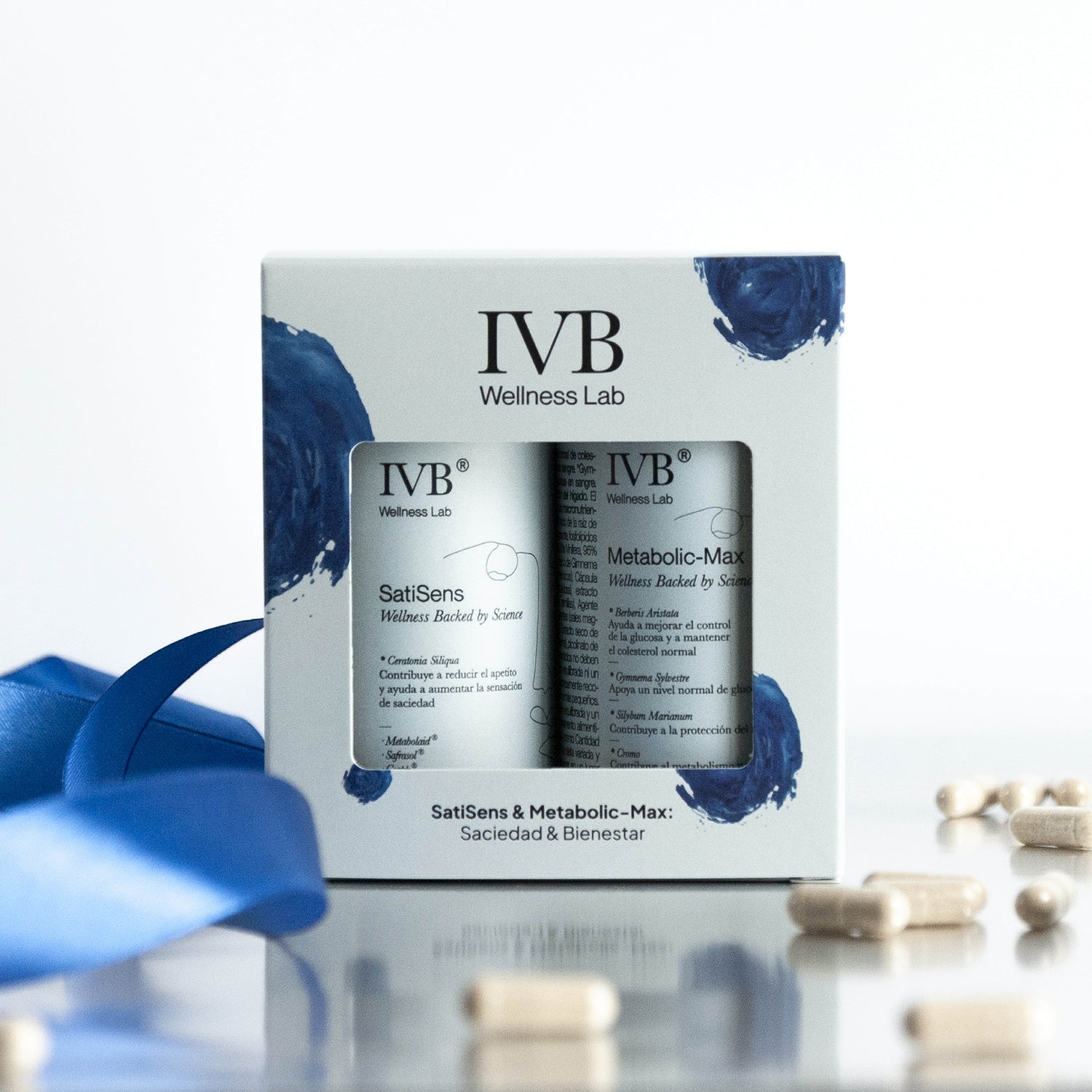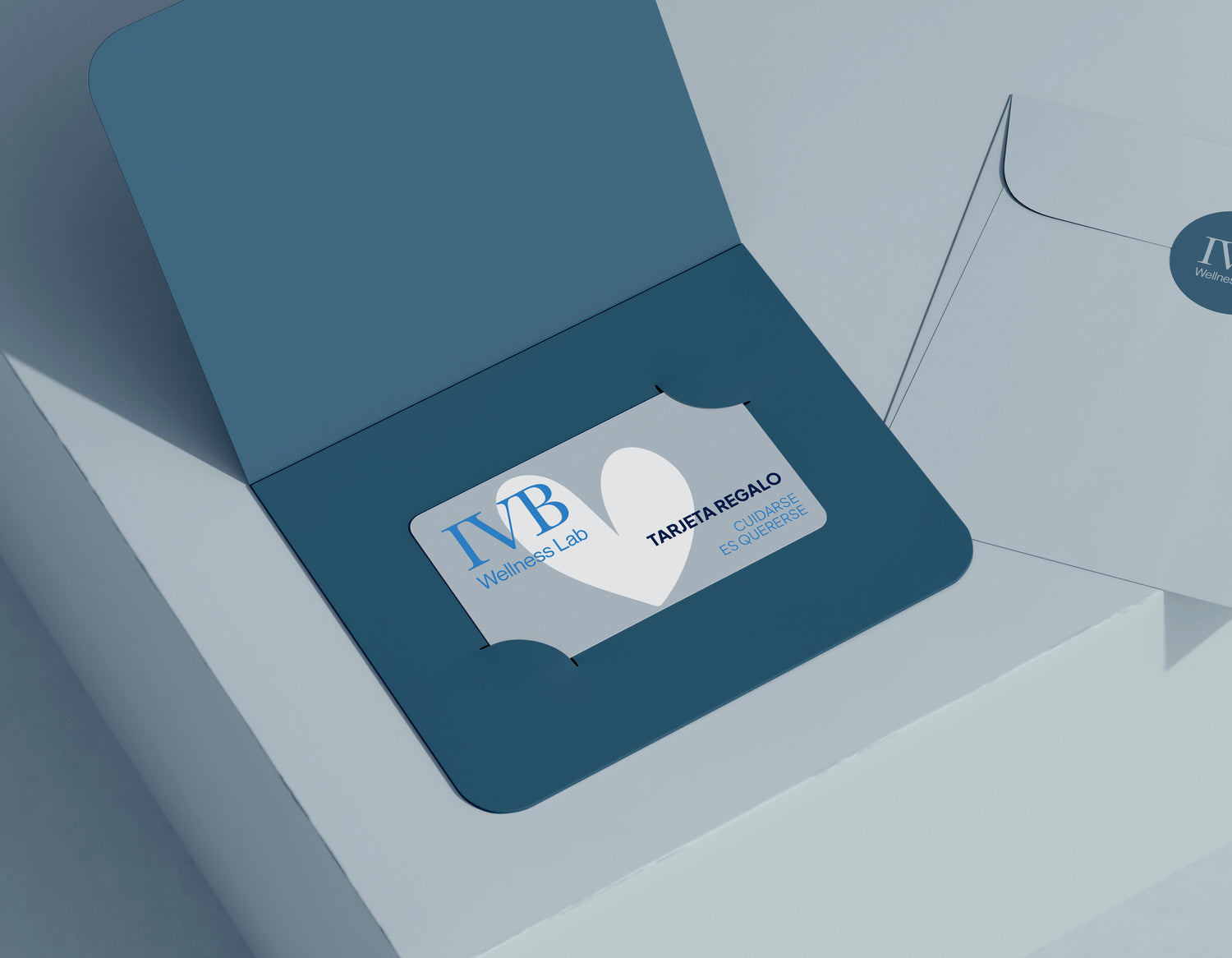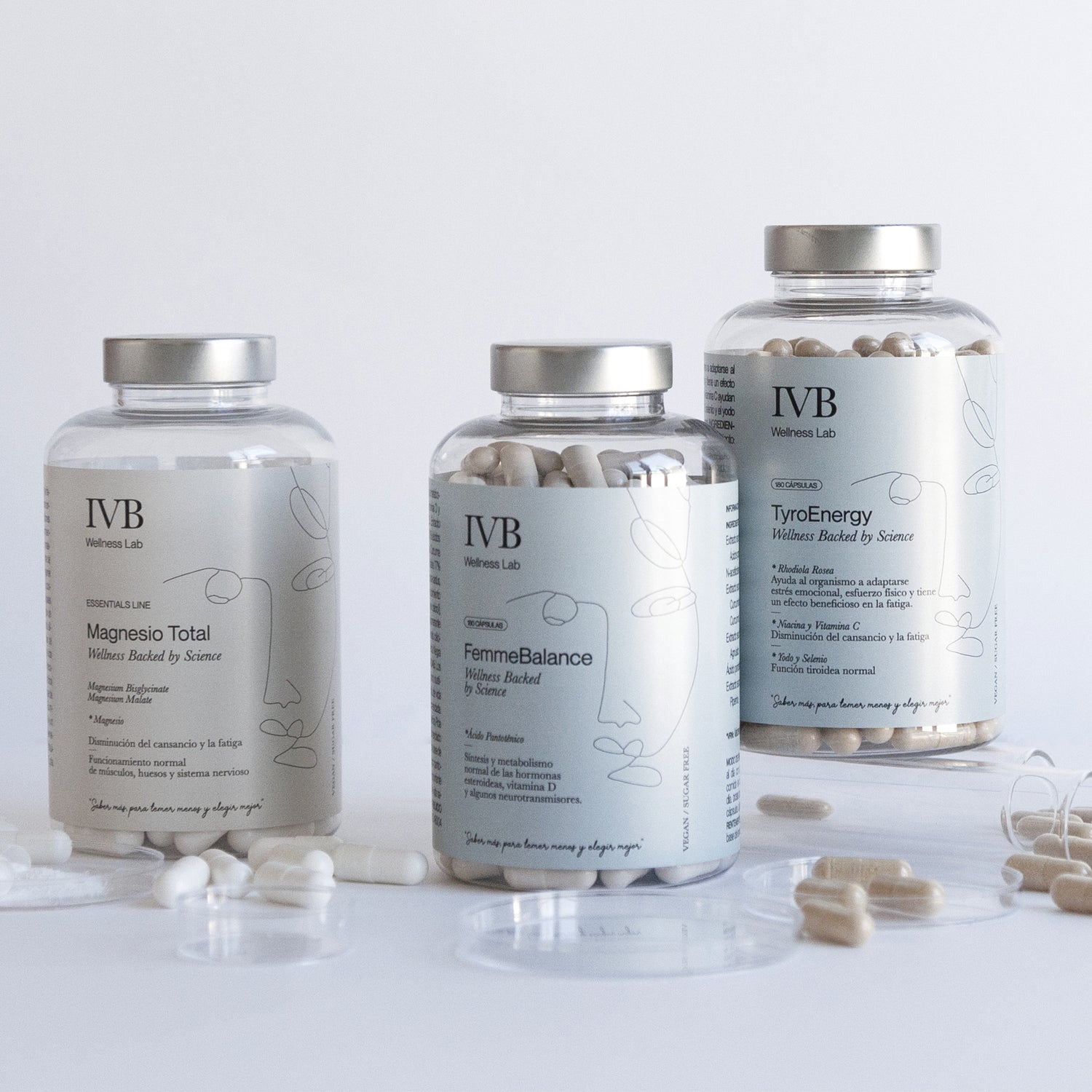How does it work?
- Modulates the hypothalamic-pituitary-adrenal axis(HPA), helping the body manage stress.
- Increases the production of serotonin and dopamine, neurotransmitters related to mood and motivation.
- It has an antioxidant effect, protecting cells from oxidative damage.
Properties and benefits according to science
Mental and physical fatigue
In a systematic review by Hung et al. (2011), rhodiola rosea demonstrated efficacy in theReduction of mental fatigue and improvement of cognitive performance in stressful situations.
In another study it was observedSignificant improvements in mental and physical fatigue levels after 42 days of supplementation.
Improving sports performance
A meta-analysis by Lu et al., 2022 showed that rhodiola rosea supplementationcan improve athletic and physical performance; furthermore, it also seems to have the potential toreduce oxidative stress, hepainand themuscle injuries,improve skeletal muscle damageand themuscle recovery during training, as well asimprove athletic explosive power.
Stress and related symptoms
Panossian et al. (2010) in an extensive review described that supplementation with rhodiola roseaIt can reduce stress-related symptoms such as exhaustion, irritability, and sleep disorders..
Mild depression and anxiety
Mao et al. conducted a clinical trial in 2015 comparing rhodiola rosea with sertraline (an antidepressant) in patients with mild to moderate depression. They foundpositive effects on depressive symptoms, although less potent than the drug obviously, but with fewer side effects.
Conclusions
Rhodiola rosea is aAdaptogen with human evidence suggesting benefits for fatigue, cognitive performance, and stress resistance.
Hissecurity profileisWell, but alwaysIt should be used as a complement to, and not as a substitute for, medical treatments.conventional. If you have any questions, it's always best to consult a health professional.


Balances the stress response
La rhodiola rosea es un adaptógeno con evidencia respaldada en humanos que sugiere beneficios para la fatiga, el rendimiento cognitivo y la resistencia al estrés.




